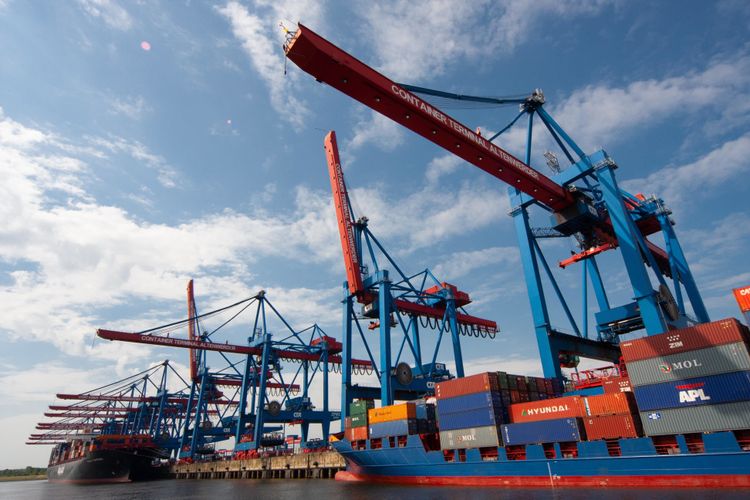
Davos 2023: The state of global trade and investment
Trade and investment emerged as an overarching theme at this year’s Annual Meeting in Davos.
Geopolitical shocks, globalization, climate action and technology were some of the factors that emerged as likely to have a major impact on trade and investment in the coming months and years.
Indigenous People's role in global trade and investment agenda was also a key talking point.
Trade and investment emerged as an overarching theme in this year’s Annual Meeting in Davos. Over the last 12 months, despite widespread inflation; supply chain issues lingering since the COVID-19 pandemic; geopolitical shocks, including Russia’s invasion of Ukraine; and, talks of deglobalization and geo-economic fragmentation, global trade touched a record volume of $32 trillion.
Yet, there is concern that various headwinds will lead to a significant global economic downturn. Nonetheless, Annual Meeting 2023 participants, such as Kristalina Georgieva, the Managing Director of the International Monetary Fund, urged governments and the private sector to “be pragmatic, collaborate” and “keep the global economy integrated for the benefit of all of us.”
But what lies on the road ahead? Below, we lay out the week’s key highlights, hot from Davos 2023:
Relaunching growth, trade and Investment
"Despite all problems with the global commons we face today, we can't solve them without multilateralism, cooperation and trade. We should not throw out the baby with the bathwater,” emphasised World Trade Organization (WTO) Director General Ngozi Okonjo-Iweala.
Likewise, several speakers observed that despite the polycrisis we find ourselves in threatening a fragmentation of global trade, multilateralism and cooperation remain effective tools for prosperity. If the world decouples into even two blocks that would cost us 5% of real global GDP. Global economic fragmentation, including friendshoring, is bound to be expensive because it will lead to inefficiencies and duplication and thus to inflation.
Trade and investment facilitation to spur development have resulted in significant real cost savings and increased incomes. In its sixth year of operation, the Global Alliance for Trade Facilitation received renewed support, as announced by USAID Administrator Samantha Power.
Trade as Europe's green tool
European Commission president, Ursula von der Leyen, listed trade as one of the four pillars in her bloc's Green Deal. As countries put in place their Net-Zero industry and energy transformation plans, resilient supply chains and open markets will be critical to ensuring access to raw materials and inputs central to decarbonisation. The EU also sees trade as a vital component towards reducing dependencies on monopolistic supply chains for critical materials, including lithium and rare earths. “Competition and trade are the key to speeding up clean tech and climate neutrality,” noted von der Leyen.
As the EU's own Carbon Border Adjustment Mechanism (CBAM) continues to animate debates in some circles around its protectionist nature, it will be interesting to see how carbon competitiveness measures evolve around the world in a bid to level the playing field en route to Net-Zero.
Source : [Davos 2023: The state of global trade and investment](www.weforum.org/agenda/2023/01/davos-23-the-state-of-trade/)

